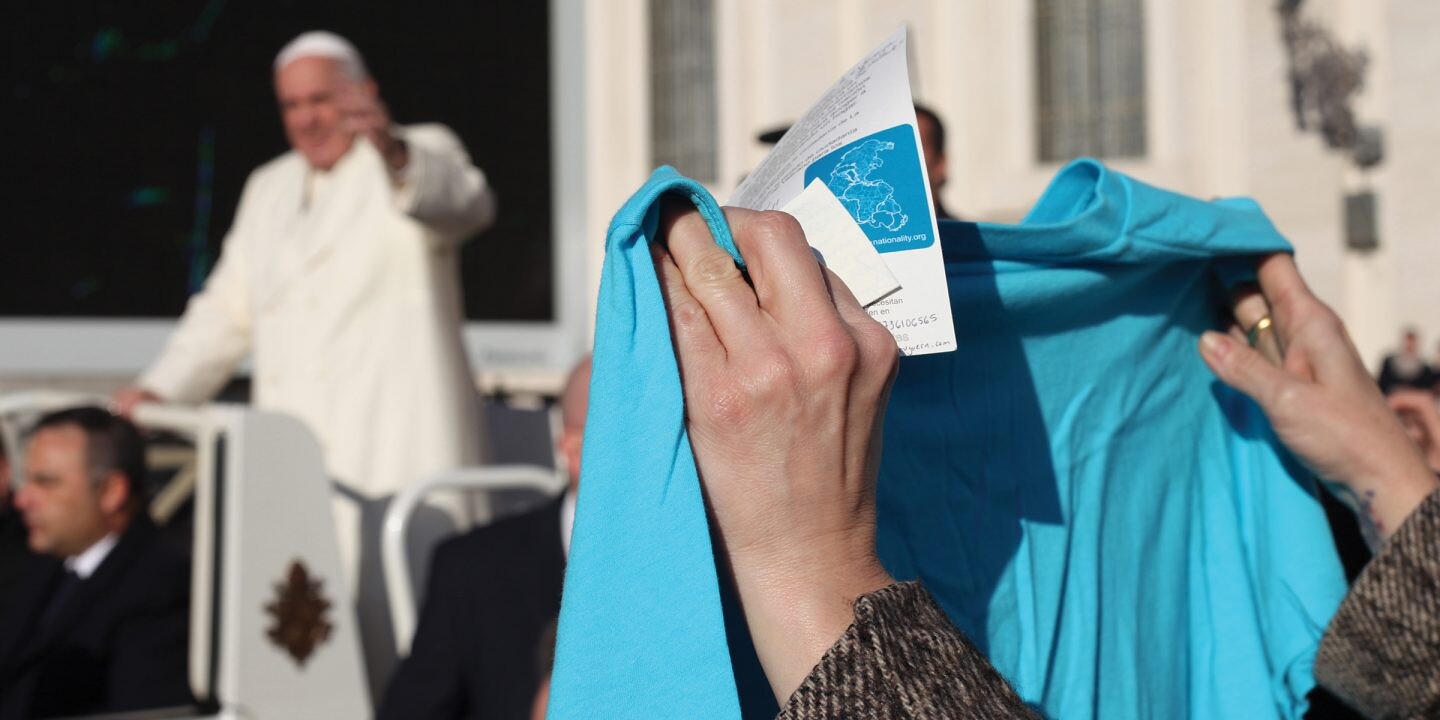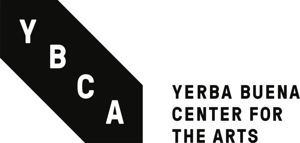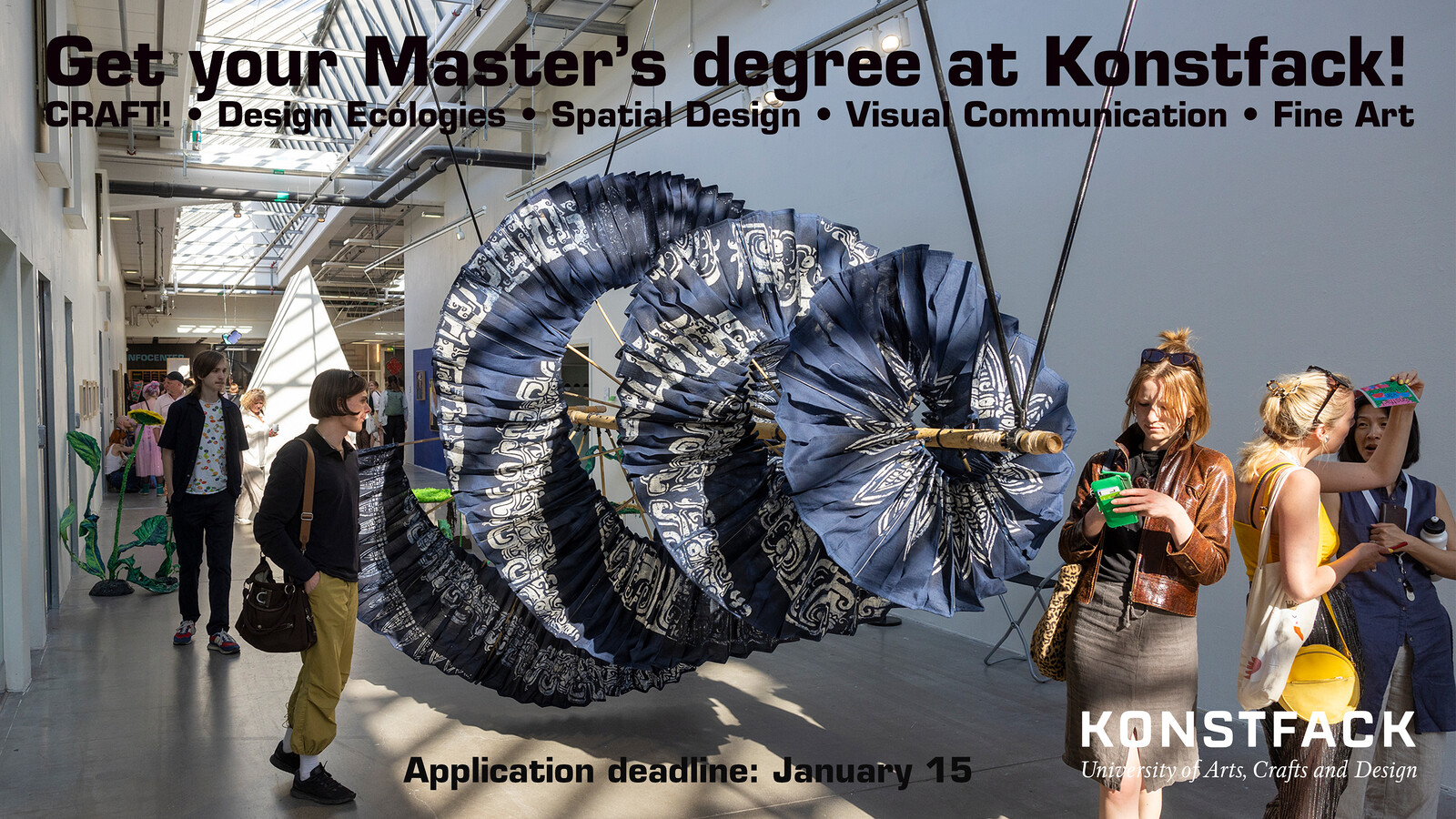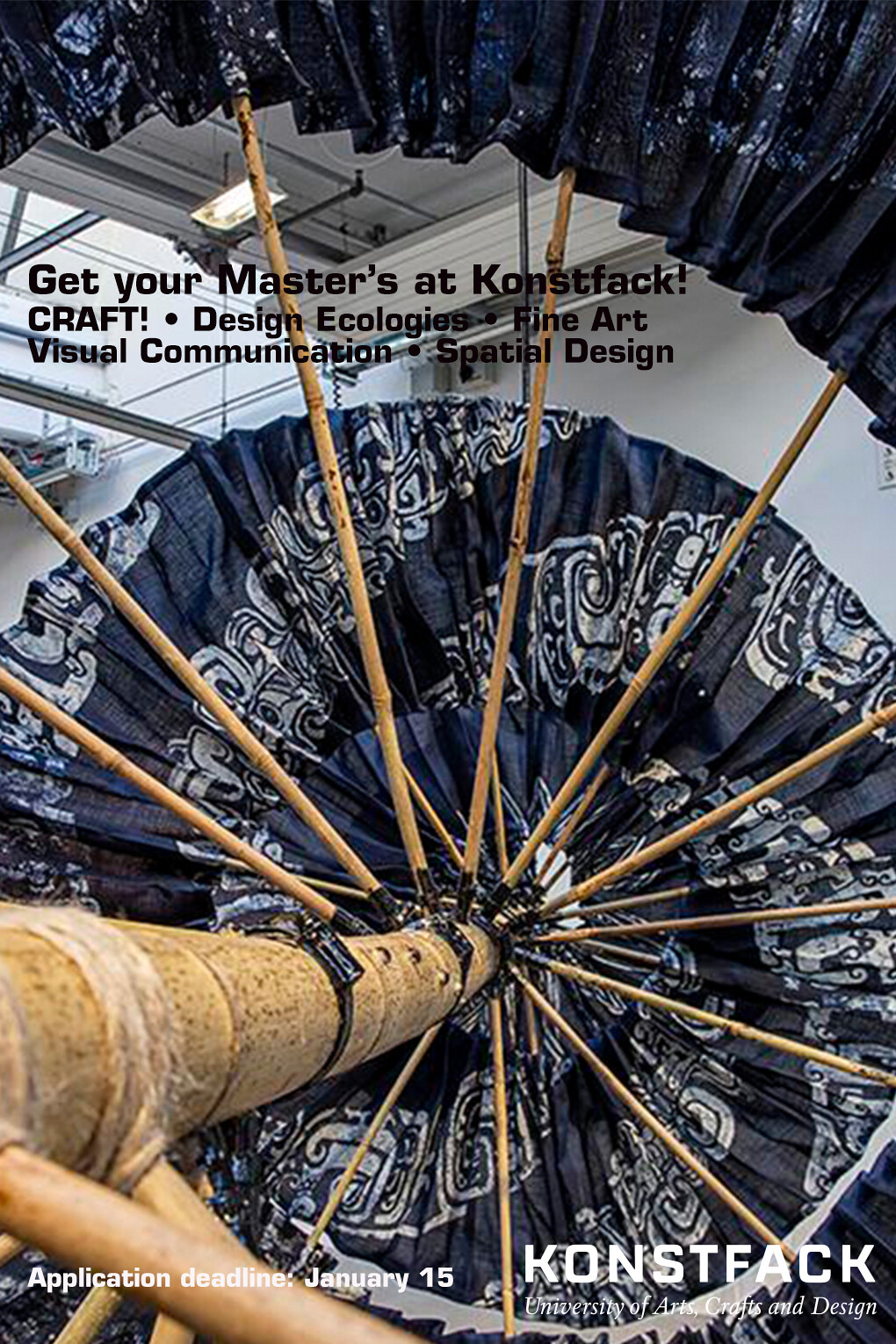Talking to Power / Hablándole al Poder
June 16–October 29, 2017
701 Mission Street
San Francisco, CA 94103
United States
Hours: Wednesday–Sunday 11am–5pm
T +1 415 978 2787
hello@ybca.org
Yerba Buena Center for the Arts (YBCA) presents Tania Bruguera: Talking to Power / Hablándole al Poder, a survey of long-term artworks by the political artist Tania Bruguera. For more than thirty years Bruguera has worked at the intersection of activism and performance art to address structures of power, and her long-term projects are intensive interventions on the institutional structure of collective memory, education, and politics. Organized by YBCA and curated by Lucía Sanromán, director of visual arts, and Susie Kantor, curatorial associate, the exhibition will present together for the first time Bruguera’s long-term projects initiated between 1985 and 2017 that have sought to transform the emotional and symbolic affect of art into political effectiveness.
Bruguera’s career has spanned several modalities of performance art—from body art to delegated performance to social and political practice to initiator. Her main subject is always the relationship between power and its subjects, and she engages with the ways in which art can be applied to collective political life. By grafting her projects onto institutions where power resides and appropriating their public languages and organizational processes, she allows for a form of institutional self-criticism. In this way, she reformulates the images and organizations of power, creating transitional institutions that repurpose those that are perceived as fixed, such as the newspaper, the school, the social movement, the art history archive and museum—or the presidential office. In short, Bruguera conceives and organizes performances that involve a grassroots democratization of art, placed at the service of society—as a useful tool.
Tania Bruguera: Talking to Power / Hablándole al Poder presents all six of Bruguera’s long-term artworks to date. They are Homenaje a Ana Mendieta (Tribute to Ana Mendieta, 1985–96), Memoria de la Postguerra I, II, and III (Memory of the Postwar I, II and III, 1993–94, 2003), Cátedra Arte de Conducta (Behavior Art School, 2003–9), Immigrant Movement International (2010–ongoing), Arte Útil (“Useful Art,” 2013–ongoing), and #YoTambienExijo (loosely translated as “I also demand,” 2014–ongoing).
Central to the exhibition is the question of how to present social and participatory processes in the display context of an art gallery. Using Bruguera’s concept of “updating” long-term, socially engaged performances by activating and adapting them in response to the present political moment, YBCA is launching Escuela de Arte Útil (School of Useful Art, 2017–ongoing), a fully functioning school held inside YBCA’s galleries. Based on the model of her Cátedra Arte de Conducta (Behavior Art School), an alternative art school that took place at her home in Havana from 2003 through 2009, Bruguera has designed a new curriculum for YBCA and the Bay Area that uses the concept of “arte útil” (which roughly translates as “useful art,” but goes further, suggesting art as a tool or device) to address the challenges facing artists today, and to explore how art can be an instrument for social and political change. Bruguera will be in residence at YBCA throughout the run of the school, from June 20 through August 10. Escuela de Arte Útil is organized by Yerba Buena Center for the Arts, in collaboration with California College of the Arts, the San Francisco Art Institute, the University of California at Berkeley, San Francisco State University, the Asociación de Arte Útil (Alessandra Saviotti and Gemma Medina Estupiñan), and the YBCA Fellows program.
In addition, Immigrant Movement International is updated with The Party of Migrant People’s Assembly (2017–ongoing), a space in the exhibition dedicated to conversations between and with immigrants’ rights organizations across the Bay Area. This project turns the art institution into a host for working groups and conversations about the state of immigration in the United States and throughout the world today, in an effort to see immigrants as citizens with their full political rights.



